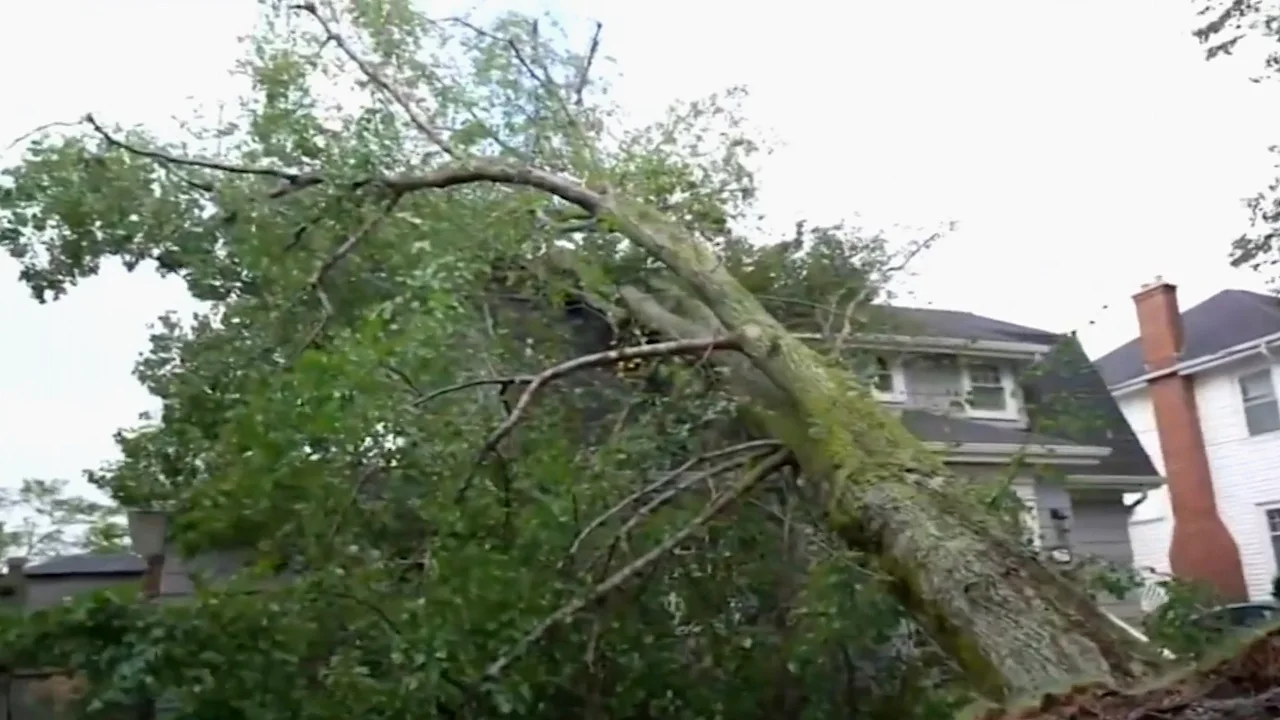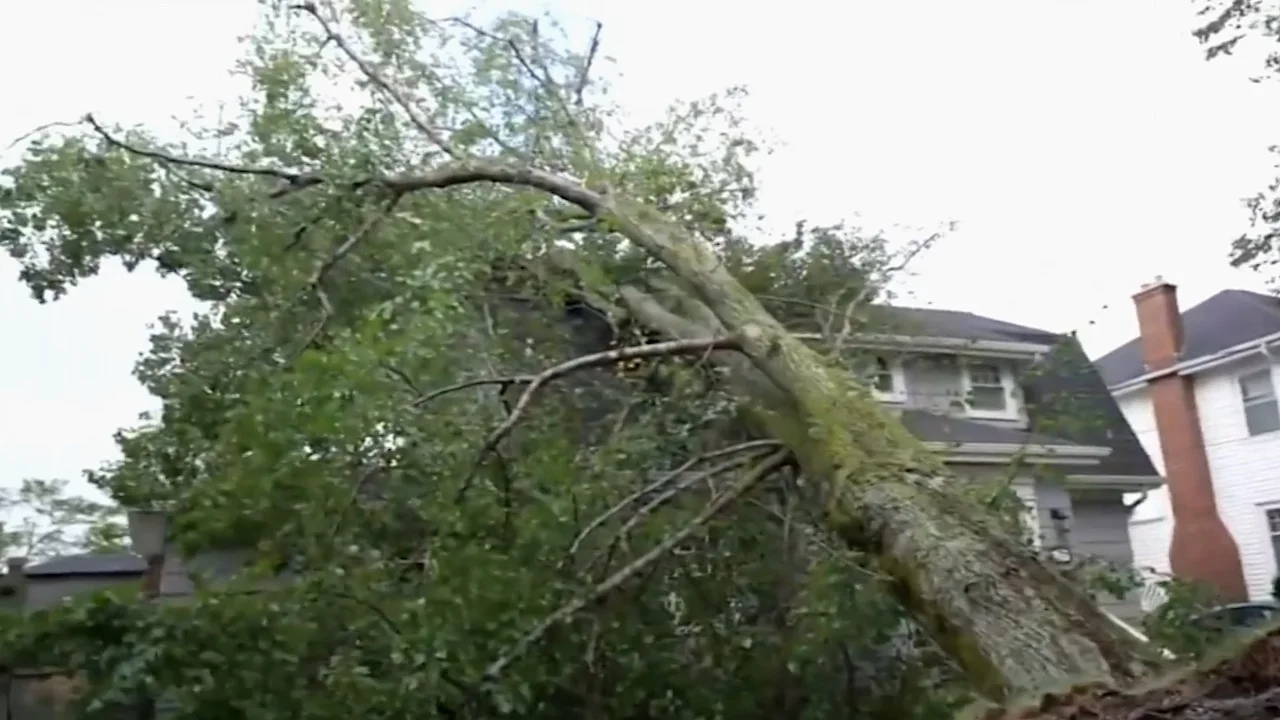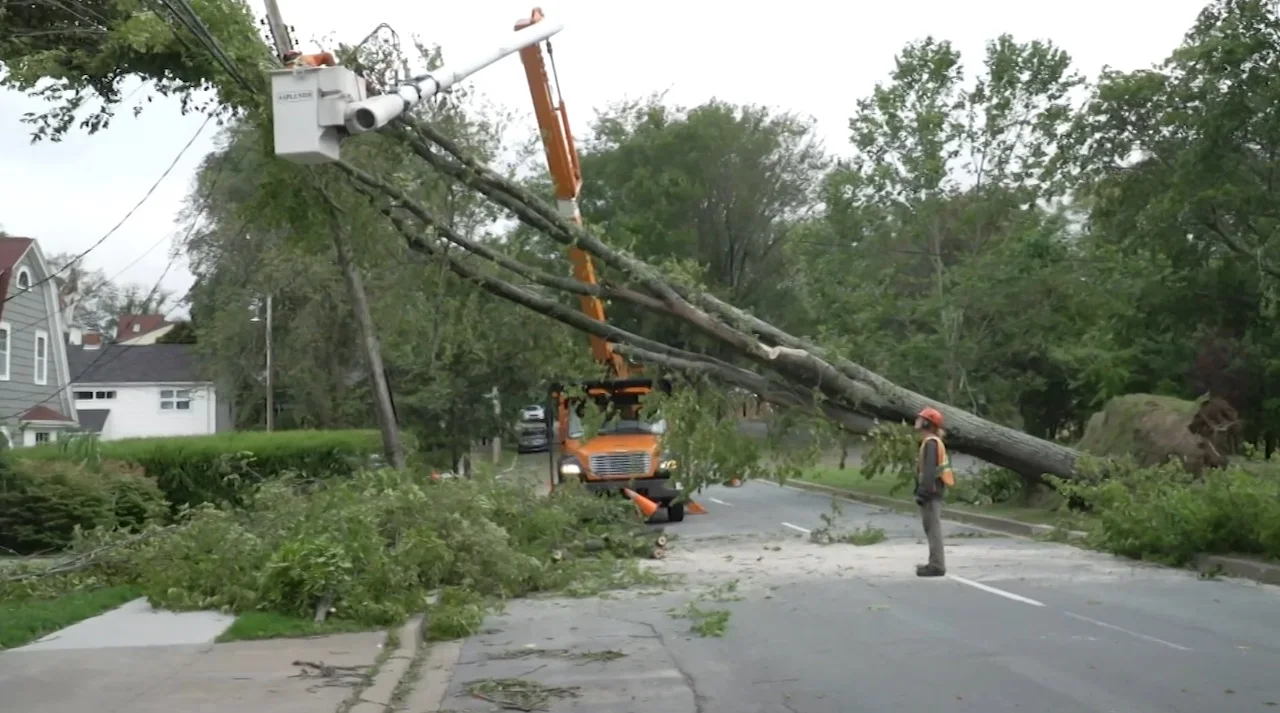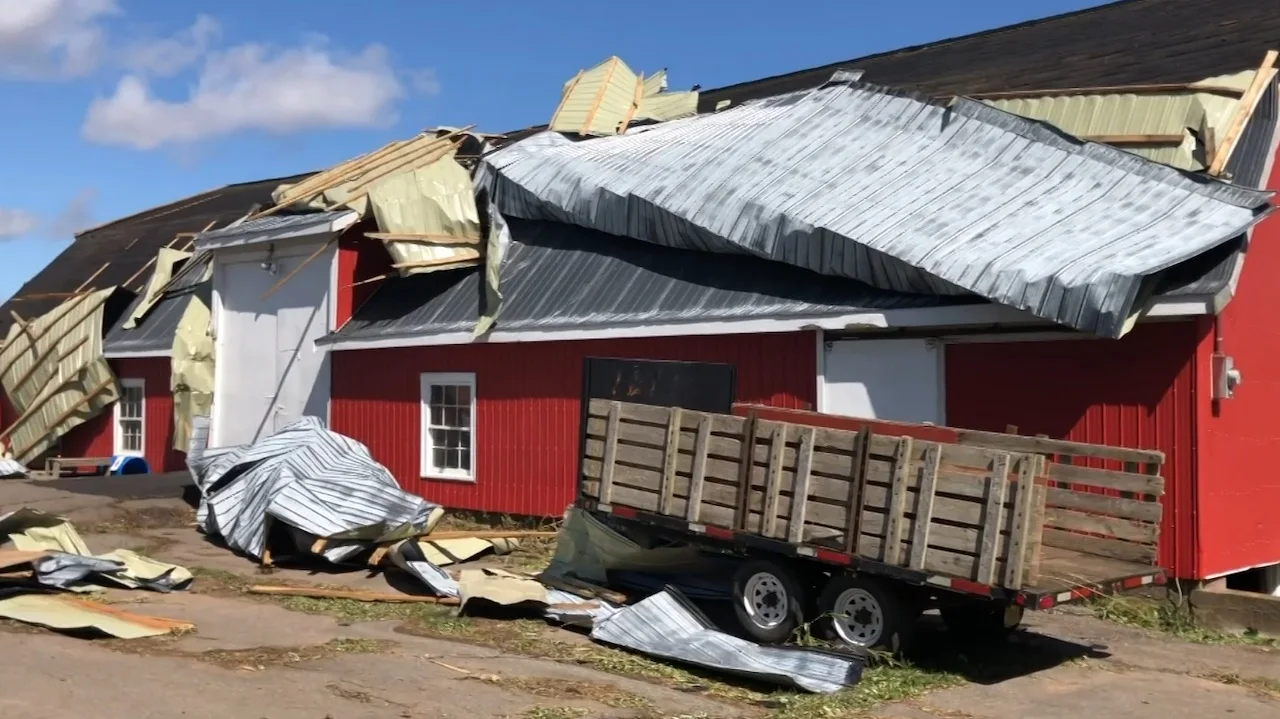
Hang on safely through the Atlantic hurricane season with these tips
The suggestions can be useful for all Canadians, but particularly for those in hurricane- or storm-prone regions so they can protect themselves and their properties from potentially damaging weather.
While the majority of hurricane activity in Canada is centred in Atlantic Canada, that's not to say those in the rest of the country wouldn't benefit from being prepared for any type of flood and wind damage.
To help prepare and stay safe, The Co-operators have numerous tips for those in hurricane- or storm-prone regions so they, along with their properties, can weather any kind of impact.
MUST READ: How Hurricane Fiona's rare 'left hook' will make this an historical storm
Now is particularly a good time to review insurance documents and be storm-ready. The Atlantic hurricane season officially runs until Nov. 30.
"Hurricanes can do considerable amounts of damage, so any type of preparedness that we can encourage Canadians to do, specifically in the Atlantic provinces, can definitely benefit them," Tara Laidman, The Co-operators’ associate vice-president for national product and portfolio, told The Weather Network in an interview in 2021.

(Nathan Coleman)
AVERAGE INSURED COST OF HURRICANE DAMAGE
According to The Co-operators, the average insured amount of hurricane damage in Canada (mainly in the Atlantic region) is around $17,600, but for some it could be much higher.
The tally includes destruction from flooding and wind, which is added up to determine the average in its book of business, she said.
SEE ALSO: How hot water fuels the world’s most powerful hurricanes
“No one can prevent a hurricane, but certainly we want to make sure that we’re preparing for one. Hurricanes can do considerable amounts of damage, so any type of preparedness that we can encourage Canadians to do, specifically in the Atlantic provinces, can definitely benefit them,” said Laidman.
STORMS PRESENT MANY DANGERS TO PROPERTY, PERSONAL SAFETY
A hurricane or tropical storm can have many elements to it when it passes through a community, so during preparations, Laidman said people need to be particularly aware of the winds and floods, especially. With those features, storm surge is a significant possibility.
"That storm surge can cause considerable damage. Unfortunately, what many Canadians don't realize is that the majority of insurance policies don't have coverage for that storm surge," said Laidman, noting The Co-operators are an exception.

(Nathan Coleman)
"It’s really important that people read their policy wordings, make sure they have the coverage they need [and] understanding what their risk is," she added. "Certainly, if you have exposure to hurricanes, you want to make sure you have the proper coverage in place in case something like that were to happen."
TIPS FOR GETTING PREPARED AND STAYING SAFE THROUGH STORM SEASON
The Co-operators say there are numerous things people can do to stay safe and prepared for, and through, storms.
Store important papers in watertight containers and have a record of your valuables in a safe place.
Move your important possessions to a higher level of your home to protect them from flood damage.
Remove weak branches or trees near your home, outdoor living spaces or vehicle.
Store or secure outdoor items such as lawn furniture that could become airborne or anchor large objects like barbecues and propane/oil tanks.
Monitor local weather forecasts for extreme weather warnings, follow directions from local authorities.
“Moving some of those important possessions to higher levels of your dwelling, so that way they’re not getting damaged by flooding,” said Laidman.

(Andrew Johnson)
She also recommends putting up sandbags when a storm is imminent as a way to protect against storm surge.
“Making sure the drains in your basement are clear of any sort of obstructions. Even taking a look outside, take a look at the sewers, make sure those are draining properly. If not, contact local authorities," said Laidman.
As well, Laidman has safety recommendations for people outside of hurricane season. For example, when constructing a new home or replacing a roof, install "high-quality, wind-resilient shingles, with a properly underlay on your roof," as well as hurricane clips.
But most importantly, having an emergency kit and plan in place, and preparing the family for possible evacuations is paramount.
“[Hurricanes] can cut power, they can do considerable damage. [So] the most important thing is the safety of yourself and your family," said Laidman.
To evaluate the risk from a storm, people can take a water threat assessment -- a free online tool that uses postal codes to provide customized insights to understand individual flood risk.
WATCH: East Coast newbies are you ready for hurricanes?
Follow Nathan Howes on Twitter.
